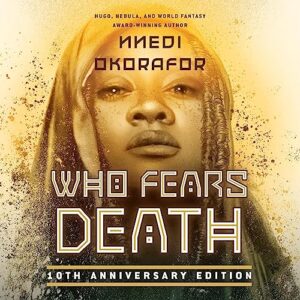 Summary: Sociological look at why Evangelicals are still divided racially.
Summary: Sociological look at why Evangelicals are still divided racially.
Divided by Faith is not a new book; it is nearly 20 years old at this point, and I have meant to read it for years. It is consistently the first book recommended to White Evangelicals seeking to explore racial issues, particularly within the Christian church. Having read it now, I can see why it is recommended and strongly commend it, but it is also dated and could be used with an updated version.
The preface and opening chapter lays out the problem of a racially divided church.
“We have taken it as our charge to tell as honest, accurate, rigorous, and enlightening a tale about our topic as possible. In so doing, we were led to move beyond the old idea that racial problems result from ignorant, prejudiced, mean people (and that evangelicals are such people). This is simply inaccurate, and does not get us far in trying to understand why racial division in the United States persists.” (page ix)
In Divided by Faith, Emerson and Smith tell the story of the United States as a “racialized society’. They use that term as a starting framework. Race is important, not only to discussions of slavery or Jim Crow or the Civil Rights era, but also today. Quoting another author, they note, “œwe are never unaware of the race of the person with whom we interact.” Categories of race may be socially constructed, as has become common to say, but socially constructed does not mean imaginary.
An important note in their presentation of a racialized society is that Smith and Emerson want to pay attention to the adaptation of racial practices. Racial practices are,
“(1) are increasingly covert, (2) are embedded in normal operations of institutions, (3) avoid direct racial terminology, and (4) are invisible to most Whites.” (p9)
Smith and Emerson want to neither suggest that racial practices are less important than at other points nor that there have not been significant improvements to the daily lives of minorities since earlier eras. Racial practices have changed, but the reality of racial practices has not diminished.
Read more
 Summary: A Reformed exploration of the Apostles Creed, designed for small group discussion.
Summary: A Reformed exploration of the Apostles Creed, designed for small group discussion.







